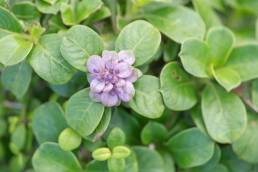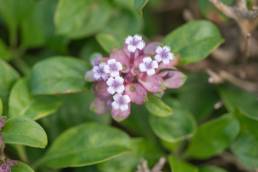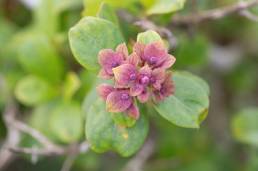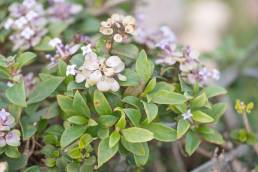24 Aug 2024
Velvet Bedstraw (Galium tomentosum)
Elevation: 1032 meters. Native range of velvet bedstraw (Galium tomentosum) is Cape Provinces, Free State, Namibia.…
19 Jul 2024
Rubia wallichiana
Elevation: 3187 meters. Native range of rubia wallichiana is Himalaya to South China.
13 Dec 2023
Dirichletia obovata
Dirichletia obovata is a common and very variable species. In fact so variable that it was previously separated into…
13 Dec 2023
Dirichletia obovata
Dirichletia obovata is a common and very variable species. In fact so variable that it was previously separated into…
13 Dec 2023
Dirichletia obovata
Dirichletia obovata is a common and very variable species. In fact so variable that it was previously separated into…
13 Dec 2023
Dirichletia obovata
Dirichletia obovata is a common and very variable species. In fact so variable that it was previously separated into…











